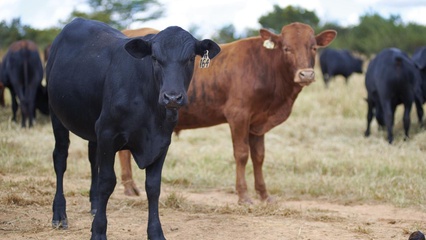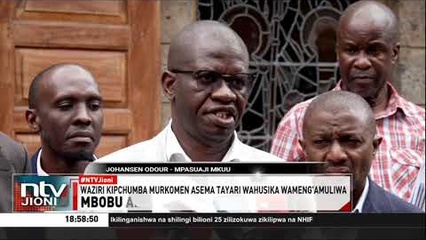African Aviation Experts Endorse Model Deal to Unlock Open Skies

Aviation experts from 19 countries across five African regional blocs have endorsed a model bilateral air services agreement...
✨ Key Highlights
African aviation experts from 19 countries have endorsed a model bilateral air services agreement aimed at accelerating the liberalization of African skies and integrating markets under the Single African Air Transport Market (SAATM). This move seeks to harmonize fragmented air service rules and simplify bilateral deals across five regional blocs.
- An International Air Transport Association (IATA) study estimates that liberalizing just 12 key African markets could unlock US$ 1.3 billion in annual GDP and generate 155,000 jobs.
- Daoud Ali Abdou, chief of the Djibouti Civil Aviation Authority, stated the template fosters a "more integrated, prosperous and connected Africa."
- 34 nations, including Nigeria, South Africa, Egypt, Kenya, and Morocco, have signed onto SAATM, representing over 80% of the continent’s aviation market.
Continue Reading
Read the complete article from The Kenyan Wall Street
Part of the Day's Coverage
Pan-African Initiatives Target Industrial Development, Aviation, and Agriculture - September 2025
ARISE Integrated Industrial Platforms (ARISE IIP), a pan-African developer, has secured a US$700 million capital injection from Vision Invest, a Saudi Arabian infrastructure firm. In a separate development, African aviation experts from 19 countries have endorsed a model bilateral air services agreement. This agreement is aimed at accelerating the liberalization of African skies under the Single African Air Transport Market (SAATM). Additionally, a $3.35 million (Sh443 million) project has been launched in Kenya and Africa to breed climate-friendly cows. The three-year initiative aims to use genetics and traditional knowledge to improve indigenous breeds, reduce methane emissions, and boost productivity.









